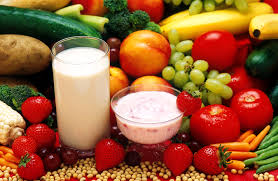
by Gill | Jun 16, 2015 | Prescription Drugs
Introduction Proton-pump inhibitors (PPIs) are a group of drugs whose main action is blocking the secretion of gastric acid. They are dominant medical treatment of peptic ulcers, gastroesophageal reflux disease (GERD), and indigestion. Popular examples include Nexium,...

by Gill | Jun 12, 2015 | Weekly Health Tips
PQQ may be the perfect answer to preventing or reversing age-related mental decline. PQQ (short for pyrroloquinoline quinone) is a vitamin-like compound found in plant foods that shows a wide range of benefits for brain function and energy production. Learn more about...

by Gill | Jun 9, 2015 | Natural Facts
Introduction: A recent study highlights the value of whey protein in helping to maintain muscle mass during intentional weight loss, an extremely important goal in achieving long-term diet success. Whey protein ingestion has also been shown to reduce feelings of...

by Gill | Jun 2, 2015 | Weight Loss
Introduction: The research is quite clear that safe and effective weight loss is not about will power or deprivation. Ultimately, weight loss success is most often attributed to strategies and tools that impact appetite and portion control. In particular, the ability...

by Gill | May 19, 2015 | Weight Loss
Introduction: Most Americans eat a very limited range of foods and consume a very monotonous diet as a result. It seems entirely possible that excessive calorie and food consumption may be some sort of physiological craving gone awry. In other words, perhaps the brain...








